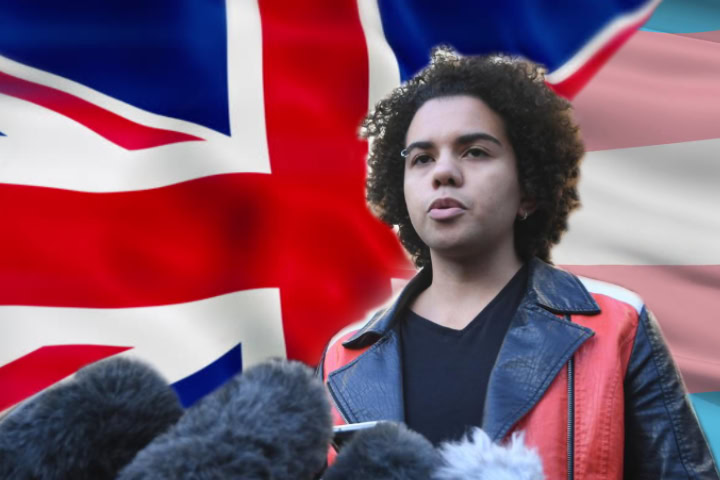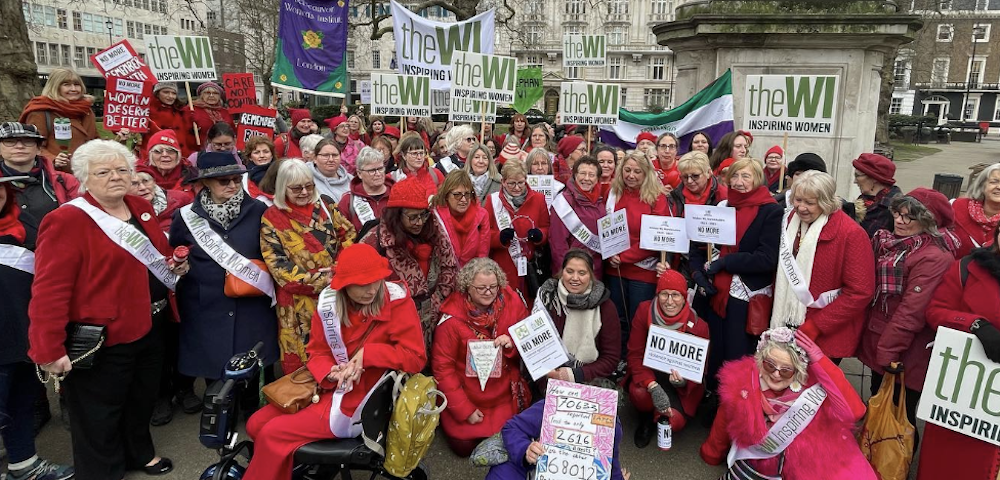
UK Court Rules Against Trans Youth Medical Consent

Three UK High Court Judges have ruled that children under the age of 16 who are diagnosed with gender dysphoria are unlikely to be able to give informed consent to such treatments as puberty blockers.
The ruling has been deemed a win for critics of gender transition while sounding alarm bells for the trans community and its many advocates and allies.
The case brought against Tavistock and Portman NHS Foundation Trust (a specialist mental health trust based in North London) centres on what is known in Medical Law as the Gillick Competence Test, which is used to determine if a child under the age of 16 years is able to give informed consent to their own medical procedures without parental consent and in some cases knowledge. While body autonomy of those under 16 continues to be a wildly contentious subject, it is perhaps no more contentious than when spoken about in the area of gender transition.
Tavistock had expressed its disappointment in the ruling but were ultimately forced to comply, immediately suspending any further referrals for under 16’s. The NHS welcomed the clarity that the ruling would bring with it.
One of the claimants, Keira Bell was referred to the service provider at age 15 after “a highly traumatic childhood” in which they “began actively to question (their) gender identity.” According to the judgment at age 16, they commenced appointments which continued over a period of 21 months. After starting puberty blockers after three sessions, they then began at age 17 to take testosterone. Three years later, they underwent a double mastectomy.
In a statement Bell said that they “started to realise that the vision I had as a teenager of becoming male was strictly a fantasy and that it was not possible… I was being perceived as a man by society, but it was not enough… I felt like a fraud and I began to feel more lost, isolated and confused than I did when I was pre-transition.”
Now 23, Bell argues that they “should have been challenged on the proposals or the claims that I was making for myself, I think that would have made a big difference as well. If I was just challenged on the things I was saying.”
In their ruling, Dame Victoria Sharp, sitting with Lord Justice Lewis and Mrs Justice Lieven, said, “It is highly unlikely that a child aged 13 or under would be competent to give consent to the administration of puberty blockers.
“It is doubtful that a child aged 14 or 15 could understand and weigh the long-term risks and consequences of the administration of puberty blockers. In respect of young persons aged 16 and over, the legal position is that there is a presumption that they have the ability to consent to medical treatment.
“Given the long-term consequences of the clinical interventions at issue in this case and given that the treatment is as yet innovative and experimental, we recognise that clinicians may well regard these as cases where the authorisation of the court should be sought prior to commencing the clinical treatment.”
Despite this ruling impacting only on those in the UK, the case and its likely appeal has and continues to be watched by members of the trans and broader LGBTQI communities the world over. This includes those closer to home here in Australia where just this year a similar case known as Re Imogen, which also hinged on Gillick competency.
Some are already expressing grave concerns around the likelihood that many anti-trans activists will now likely latch on to this case to advance their cause because of it being a prominent example of a person openly discussing their regret about transitioning.
Speaking with Star Observer about this most recent UK High Court ruling, Sally Goldner the Media Representative for Transgender Victoria, expressed their concerns.
“If one doctor or one clinic made alleged errors on another medical/health procedure I severely doubt there would be this type or degree of “control freak” overreaction. I note binary bias in language “he or she” e.g., cl 151 ignores non binary but in another UK case non-binary is recognised.”
Continuing, Goldner adds that they “find this totally inconsistent. I see the decision transphobic in that it fails to recognise the lived expertise of Trans and Gender Diverse people. I also think it is ‘youth-phobic’ in that it implies young people lack competency for 15 years and 364 days but wake up on their 16th birthday being competent.
“This is another case where cold rigid legal processes set up 500 years ago for commercial transaction disputes – and often set up in a ‘toxic masculinity’ way – can fail to deal with more ‘human’ issues e.g. family violence, sexual harassment as part of human diversity. We need to look at processes that deal better with all these sorts of issues.
“There is no ‘awareness fairy’ that gives people intellectual and emotional reasoning overnight. It therefore could have far-reaching ramifications for all sorts of decisions involving young people, cis or TGD.”
If you feel distressed reading the story, you can reach out to support services.
For 24 hour crisis support and suicide prevention call Lifeline on 13 11 14
For Australia-wide LGBTQI peer support call QLife on 1800 184 527 or webchat.









